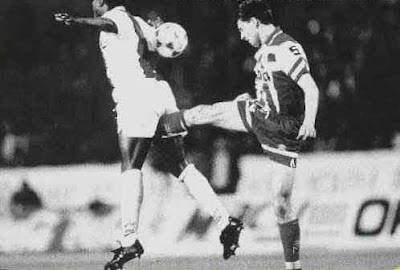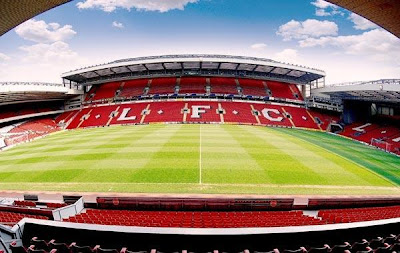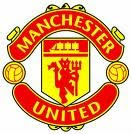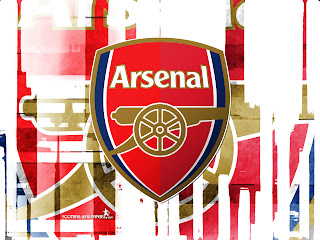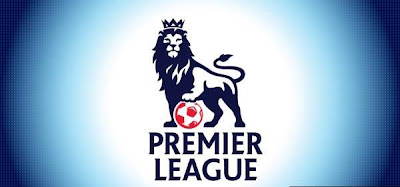Hello all my friends, I have come up with another Soccer News. As you know that the Soccer World Cup draw in Durban is less than 400 days away now! I thought it’d be a good opportunity to think about which teams names will be in those little balls to be drawn out for the groups for 2010. Soccer Fans have already started Football Betting in various World cup prdictions. Here are some of my predictions and I have also mentioned the reasons why each team should be there:
I will post later about the UEFA section because the UEFA section will the longest time and it is also the hardest one to predict anything.
AFC - Australia, Japan, Korea Republic, Saudi Arabia and Iran.
These are the best five teams in Asia. I don’t think there can be many objections. Uzbekistan or Bahrain will probably get into the playoff spot but they are likely to be overpowered by Saudi Arabia/Iran/Korea Republic. Two of the three teams mentioned will qualify automatically, the other will playoff and smash New Zealand.

CAF - Cameroon, Nigeria, Egypt, Ghana & Cote d’Ivoire
The final round for the CAF has taken shape. Five groups of four, with the top team in each group to qualify. Egypt and Cote d’Ivoire should not have any excuses not to qualify, they have relatively easy groups. Cameroon and Nigeria have tric
The final round for the CAF has taken shape. Five groups of four, with the top team in each group to qualify. Egypt and Cote d’Ivoire should not have any excuses not to qualify, they have relatively easy groups. Cameroon and Nigeria have tric
ky groups with Cameroon having to tackle Morocco and Togo, whilst the Nigerians have to face recent World Cup regulars Tunisia. Ghana have the threat of Mali to deal with but I think they’ll have too much quality.

CONCACAF - Mexico, USA & Costa Rica. There is quite a gulf between these three nations and the rest of CONCACAF, and its been obvious for the last ten years. They’ll get through easily, but the fourth placed team will lose the playoff, the South American team will be way too strong.
CONMEBOL - Argentina, Brazil, Paraguay, Uruguay & Chile. The first three are the “usual suspects” and will definitely be there. Uruguay are looking good and will probably also be there this time, after the disappointment of not making Germany 2006. Ecuador, who usually have been World Cup regulars have had a slower start than usual. Their away form has been terrible which is in contrast to Chile, whose away form has been sound, so I’ve tipped them ahead of Ecuador. Whoever comes fifth will beat the CONCACAF qualifier in the playoff.
The UEFA qualifiers will be analyzed in another article in the future since it is too early to make a reasonable prediction. Overall, it seems that most of the teams that will be there in 2010 will be pretty much the same ones that fought it out in Germany 2 years ago. However, previous World Cups have shown that there are always first timers. Hence, surprises should expected when most qualifiers resume in 2009. These weeks, I won't be able to post regularly because of EPL season and Fantasy Football. Cheers!!!
CONMEBOL - Argentina, Brazil, Paraguay, Uruguay & Chile. The first three are the “usual suspects” and will definitely be there. Uruguay are looking good and will probably also be there this time, after the disappointment of not making Germany 2006. Ecuador, who usually have been World Cup regulars have had a slower start than usual. Their away form has been terrible which is in contrast to Chile, whose away form has been sound, so I’ve tipped them ahead of Ecuador. Whoever comes fifth will beat the CONCACAF qualifier in the playoff.
The UEFA qualifiers will be analyzed in another article in the future since it is too early to make a reasonable prediction. Overall, it seems that most of the teams that will be there in 2010 will be pretty much the same ones that fought it out in Germany 2 years ago. However, previous World Cups have shown that there are always first timers. Hence, surprises should expected when most qualifiers resume in 2009. These weeks, I won't be able to post regularly because of EPL season and Fantasy Football. Cheers!!!







